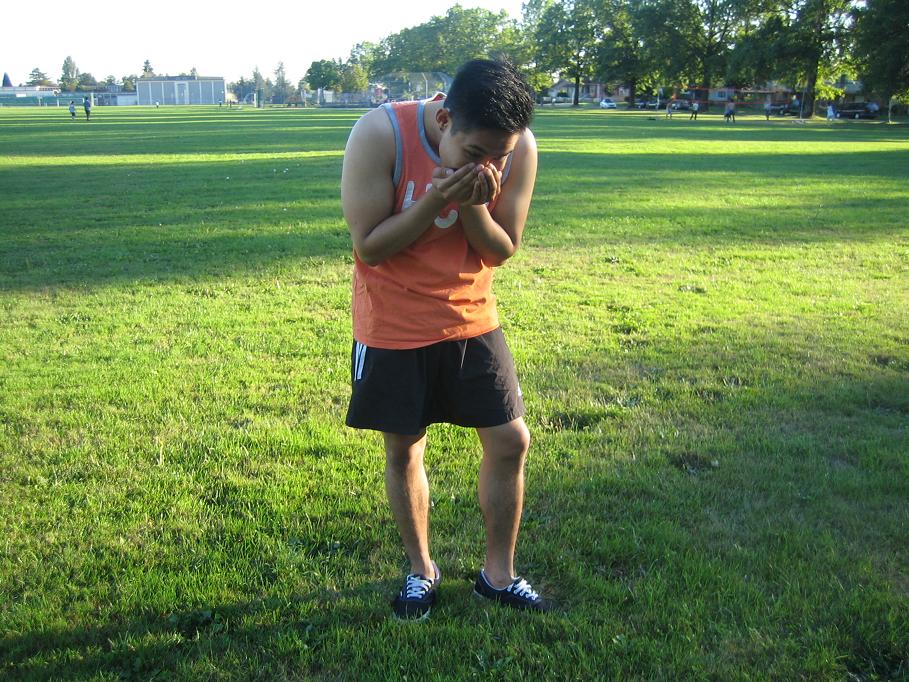A broken jaw is a common facial injury that occurs due to a direct force or trauma to the jawbone. The joint known as temporomandibular joint is responsible for connecting the jaw to the skull becomes cracked, broken, or unhinged.
https://www.youtube.com/watch?v=fRDDAd7slag
A broken jaw can cause several problems and discomfort when it comes to eating or breathing and thus immediate care must be given to minimize any complications that may arise and to accelerate healing.
What are the causes?
Common causes of a broken jaw are due to facial trauma mostly, these often occur in activities such as sports or from accidents that involve a lot of force such as a car accident or any other motor vehicle accident but can also occur from pathologic reasons such as a bone disease.
Other causes of a broken jaw also include:
- Fall injury
- Facial injury from fights
- Accidents that occur in an industrial/work environment
Indications of a broken jaw

To identify a broken jaw, one must know the signs and symptoms of a broken jaw. These include:
- Jaw pain
- Swelling
- Numbness and bruising
- Bleeding, which can also happen within the mouth
- Difficulty breathing and speaking
- Discomfort when chewing
- Jaw stiffness
- Loosened teeth
The most immediate symptoms of a broken jaw are a pain in the jaw region, swelling, and bleeding. The bleeding from inside the mouth can also cause difficulty in breathing as it can block your airways. While chewing or speaking, you may experience the most pain and tenderness. In severe cases, you may have limited ability to move your jaw or you’re completely unable to move it at all.
Management
It’s important to seek medical care immediately if you’ve suffered trauma to the face or jaw and you notice that your teeth don’t fit correctly, you experience significant pain and bleeding inside your mouth.
Your doctor will perform a physical exam to assess the symptoms and how severe the visible damages on the outside are. Your doctor will also require an x-ray test to determine the damage done to the bones that make up your jaw. Blood tests will only be performed if an underlying health problem contributed to the cause of the broken jaw.
It is up to the doctor or dentist to see what’s the next step that’s important in helping your broken jaw recover back to normal.
For home remedies, cold therapy should be done by applying an ice pack to the jaw to help reduce swelling. A small cup or container may also be needed to catch the blood or spit that drools from the mouth.
More Information
The details posted on this page on a broken jaw is for learning purposes only. To learn more about the causes and how it is treated, enroll in a first aid course with one of our training providers.
FACT CHECK
https://www.webmd.com/oral-health/guide/broken-jaw#1

